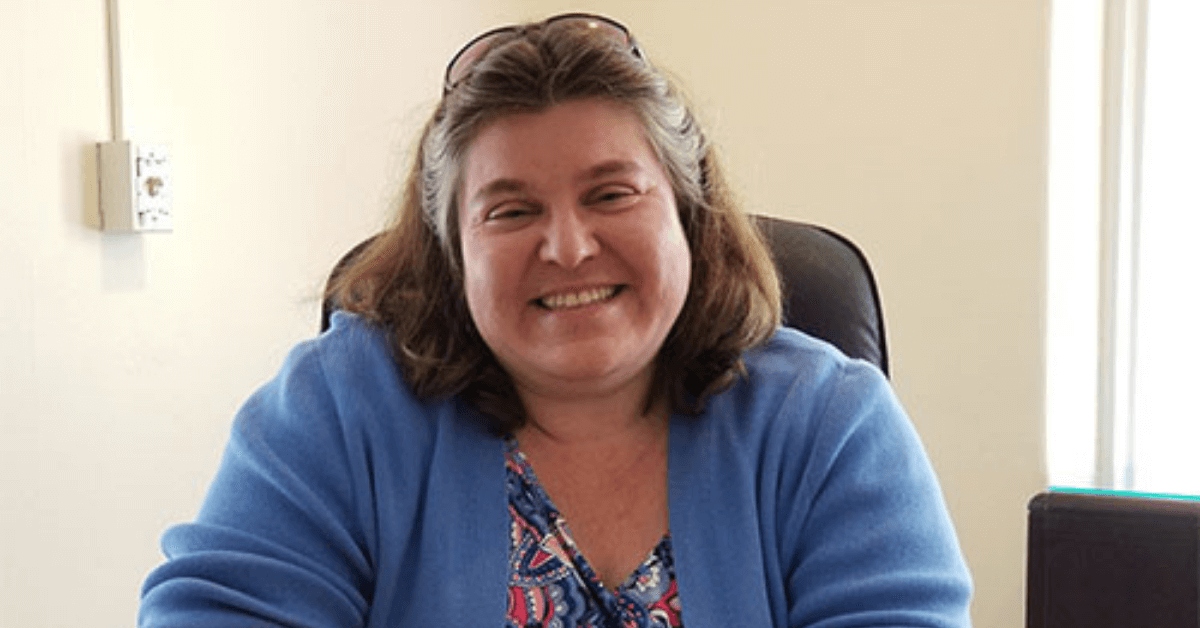By Amanda Kuhnert
Jody Frey hadn’t anticipated a career in law. In her 30s, she was teaching adjunct courses at Sterling College to supplement her income as a dairy farmer when she became inspired to pursue a master’s degree in place-based arts.
After earning her degree, she spent eight years teaching college-level environmental humanities—a subject that sparked her interest in social justice issues and inspired her to make a mid-life career change.
She read for the bar in Vermont’s law office study program from 2014 to 2018, before sitting for the state bar exam.
After Frey received her license to practice law, she debated about whether to open her own law practice or join an existing firm.
“The thought of solo practice brought back the specter of farming; that is, all the demands of being self-employed, and all the associated ‘what-ifs’ that keep me up at night,” she said.
The freedom and flexibility of entrepreneurship eventually led her to turn down full-time job offers from other firms and set out on her own. Before even registering her business, Frey contacted the Vermont Small Business Development Center and began working with business advisor Ross Hart.
“He provided me with self-calculating spreadsheets, made me use them, and made sure I understood every line on them,” she said. “This helped immensely in decisions like negotiating my lease, contracting with a bookkeeper, considering options for legal research, whether and on what terms to hire an employee, and how much to pay myself.”
Frey remembers the anxiety she felt during the startup days. As the sole provider for her three children, she struggled with the idea of spending money on her business.
“Initially, I found myself saying ‘I can’t afford to do that’ to just about everything,” she said.
But she said that over time she realized there were certain things she couldn’t afford not to do.
“Ross was steadfastly reassuring and optimistic, helping me see the longer view when I was hyper-focused on the immediate requirements of startup,” she said. “He also repeatedly told me all the indicators of success he saw as my plans developed and my infant business took shape.”
Frey said her unconventional path to law has informed the way she practices.
“Law practice is largely about problem-solving, and problem-solving is similar whether you’re farming, teaching, crafting, parenting, or anything else,” she said. “I used to teach my art students the method of ‘detect, diagnose, remedy’ when they were developing their creative practice. In law, we detect issues, analyze facts, and apply the law.”









